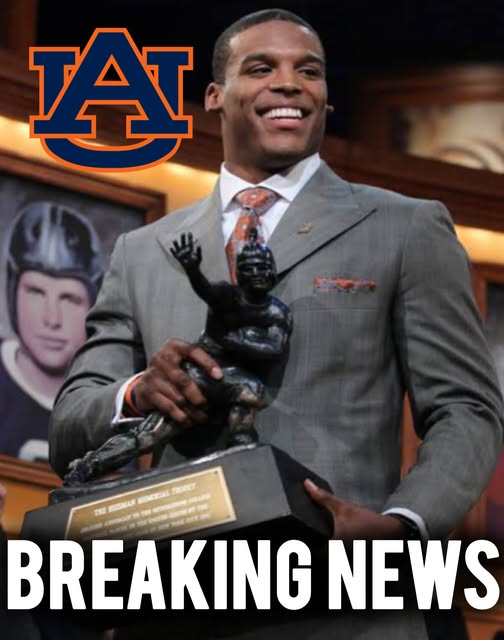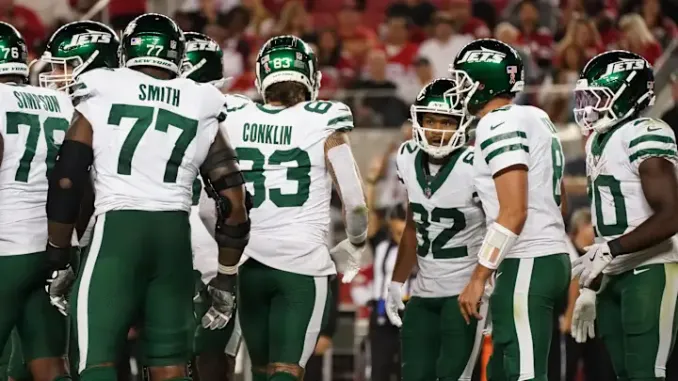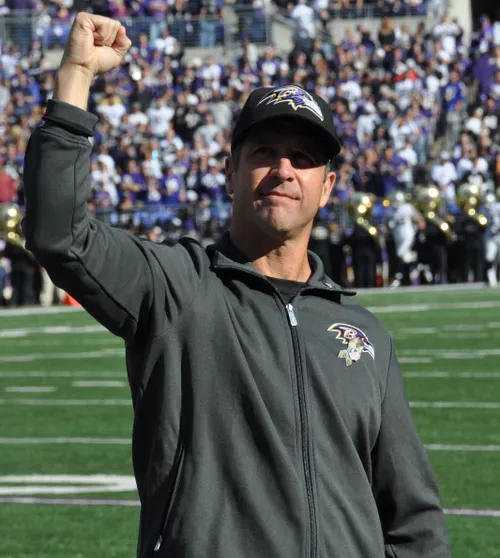In the world of college football, loyalty and legacy often intersect at defining moments, and Auburn University just experienced one of those seismic shifts that could shape its program for years to come. Following an emotional announcement that rippled across social media and sports networks alike, one of Auburn Tigers Football’s most high-profile players declared his return with a message that has galvanized the Auburn fanbase and sent shockwaves through the SEC: “I’m returning to redeem the reputation of Auburn football.” That one sentence, delivered through ESPN’s high-profile report, has become more than just a quote—it’s now a rallying cry, a mission statement, and a public declaration of war against mediocrity.
The identity of the returning star may have been a formality to those closely following the Tigers’ offseason moves, but his statement confirmed what many hoped: the face of Auburn Football wasn’t ready to leave things unfinished. Whether it was about unfinished business on the field, restoring pride to a program that has seen highs and lows, or silencing doubters after a tumultuous year, the decision to return wasn’t just a football decision—it was personal. Auburn has long been a school known for its blue-collar grit, and this announcement perfectly encapsulated that ethos. The returning player could have entered the NFL Draft, pursued endorsements, or taken his talents elsewhere via the transfer portal. Instead, he doubled down on the Plains, betting on himself and on Auburn’s potential resurgence in 2025.
It’s a move that already seems to be paying dividends. Within hours of the ESPN report, Auburn message boards and social media feeds lit up with reactions. Alumni, fans, and former players weighed in with praise, sharing memories of past Auburn legends who left lasting legacies by choosing team over personal accolades. What separates this moment from other returns is the candid nature of the statement. It wasn’t scripted, filtered, or shrouded in ambiguity. It was clear and powerful—a direct challenge to the entire SEC that Auburn is done being overlooked, and that redemption is not just a buzzword but a campaign.
This return couldn’t come at a more critical time for the Tigers. After a rollercoaster 2024 season that saw flashes of brilliance undermined by inconsistency and injuries, the program was teetering on the edge. Head Coach Hugh Freeze, now entering a pivotal year at the helm, has been working tirelessly to change the narrative around Auburn football. With a recruiting class ranked in the top 10 nationally and several key transfers arriving on the Plains, momentum was beginning to build. But there’s a difference between potential and purpose, and the returning player’s announcement bridged that gap. He’s not just coming back to play football—he’s coming back to lead, to inspire, and to hold the program accountable.
Leadership is something that cannot be taught in playbooks. While talent can be developed and schemes can be adjusted, the intangibles—heart, resilience, loyalty—are what define championship teams. Auburn has had no shortage of legendary leaders in its storied history, from Bo Jackson to Cam Newton to Nick Fairley. What this current star is attempting to do now is carve his own name into that illustrious lineage, not just with his performance but with his voice. His declaration taps into something deeper than stats or highlight reels—it’s about restoring the soul of Auburn football.
There’s also a broader cultural implication to his return. In an era dominated by the transfer portal, NIL deals, and instant gratification, his loyalty to Auburn stands out. It sends a message to younger teammates, to recruits, and even to rivals: Auburn is not a stepping stone or a temporary stop. It is a destination. That type of statement carries weight, especially in the ever-shifting landscape of college football, where programs are often only as strong as their culture. His decision to come back doesn’t just benefit Auburn’s on-field chances—it also strengthens the foundation of the team’s identity. Stability, trust, and commitment are now back at the forefront of the program’s ethos.
From a football standpoint, the returning player brings more than just star power—he brings experience, vision, and proven production. Whether he’s a quarterback commanding the huddle, a linebacker setting the tone on defense, or a wide receiver making game-breaking plays, his presence immediately changes the dynamic of every game Auburn will play in 2025. Opposing coaches will now have to scheme for him again. Teammates will look to him in high-pressure moments. And fans will rally behind him, knowing that his return wasn’t motivated by fame or money, but by love—for the game, for the team, and for the school.
The ripple effects are already being felt in recruiting. Several undecided high school prospects have reportedly taken notice of the announcement, with some insiders suggesting Auburn may gain momentum in closing key commitments ahead of the early signing period. Having a household name return signals to young recruits that Auburn is building something worth being part of. It’s one thing to hear that from a coach—it’s another to see it from a peer who had every opportunity to leave but chose to stay.
Moreover, the psychological impact within the locker room cannot be overstated. Teammates now see a leader who is all-in, and that type of commitment is contagious. It creates a culture of accountability and belief. Players train harder, coaches coach with renewed energy, and fans dream a little bigger. With this singular decision, Auburn’s ceiling for 2025 has been raised. Not just in terms of wins and losses, but in terms of how far belief and unity can carry a program.
It’s not just redemption on the field that’s in play—it’s redemption of perception. Auburn has often been caught in the shadow of Alabama and Georgia in recent years, frequently viewed as an underdog or a rebuilding program. But history shows that Auburn is at its most dangerous when underestimated. The 2010 national title, the 2013 near-title run, and multiple Iron Bowl upsets have proven that when Auburn gets rolling, it’s a force to be reckoned with. This return could be the spark that ignites that next legendary run.
There’s also the emotional element. Auburn is more than a program—it’s a family, a tradition, a set of values passed down through generations. For fans who have stuck through lean years, coaching changes, and close calls, this announcement feels like a validation. It reminds them why they cheer, why they invest emotionally, and why hope never dies on the Plains. The returning player’s decision is symbolic of that unbreakable bond between school and player, between past and future.
As summer workouts transition into fall camp, the spotlight on Auburn will grow even brighter. Media days, preseason polls, and hype videos will all feed into the narrative, but at the center of it all will be one young man who said no to the easy path and yes to the hard one. A player who chose redemption over retreat. A player who put Auburn before himself. And in doing so, may have just altered the course of the Tigers’ future.
The SEC is not for the faint of heart. It is a gauntlet of physicality, pressure, and national scrutiny. But it is also a stage for legends to be born. By declaring his return, this Auburn star has not only accepted that challenge—he has embraced it. He is not running from the expectations. He is running toward them. And now, the rest of college football is on notice.
Auburn isn’t just coming back. Auburn is coming back with a mission. And it all started with one voice, one quote, and one belief—that the reputation of Tigers football is worth fighting for. Redemption is coming to the Plains. And it’s wearing orange and blue.




